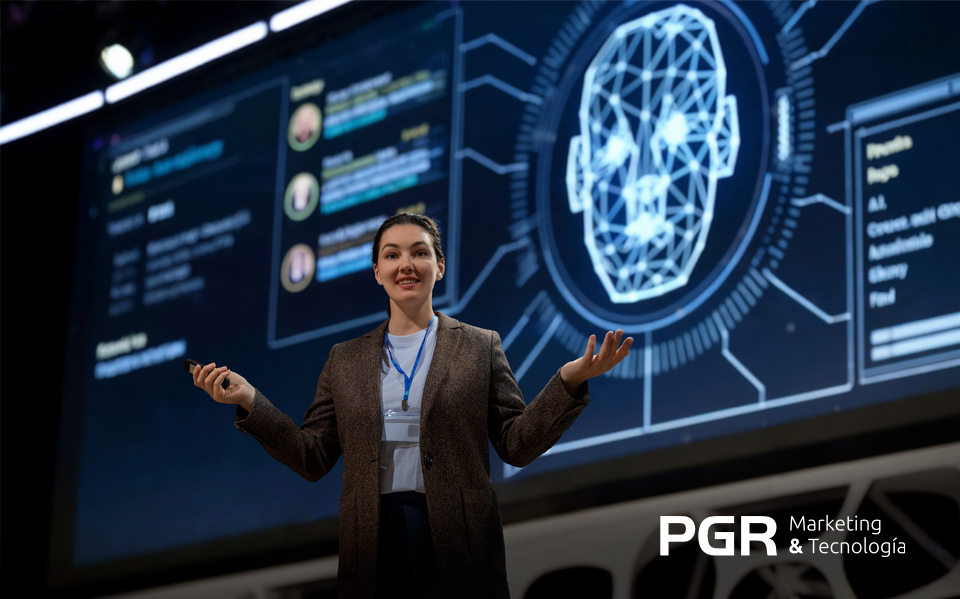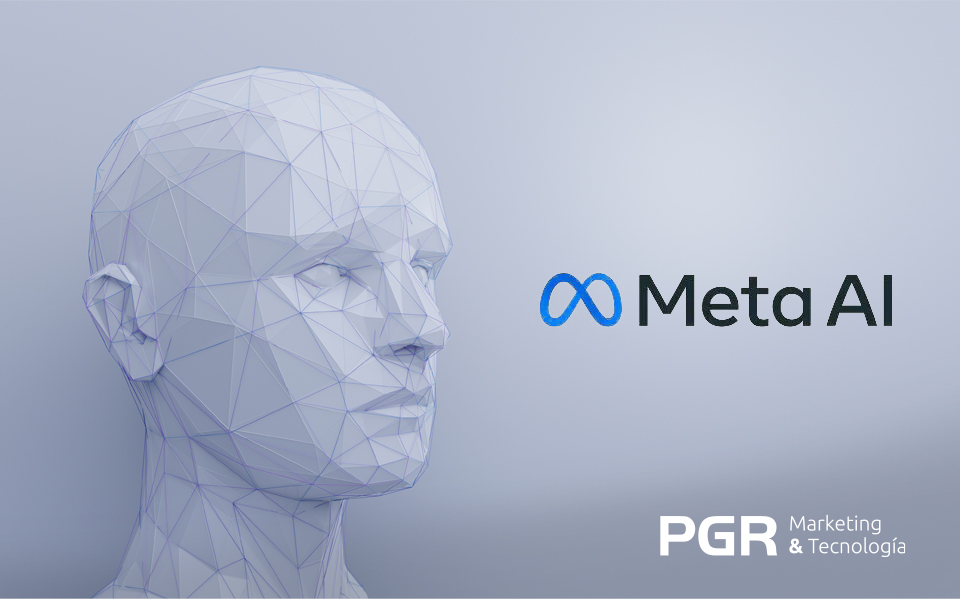
The race to lead the development of generative artificial intelligence continues to advance, and OpenAI has taken a bold step forward by making the Deep Research feature available to all users, including those on the free plan. With this move, ChatGPT positions itself on par with major competitors like Google’s Gemini.

Since the rise of generative artificial intelligence in late 2023, digital marketing has been one of the sectors that has best capitalised on its benefits. Now, Meta — the company behind Facebook, Instagram and WhatsApp — takes another step forward with the launch of Meta AI Studio, a tool that enables users to create personalised artificial intelligence (AI) avatars.

Are you struggling to navigate the digital landscape and understand how technological progress is affecting your business? In an increasingly connected environment, concepts like B2B and digital innovation may seem abstract or distant, but their impact is both real and growing.

Nowadays, more and more companies have their own website, especially with the support of the Digital Kit funded by the European Next Generation funds. However, only a few have taken advantage of high-quality web development that truly maximises site performance and ensures exceptional results.

A Branded Podcast is an excellent tool for promoting your business, but in a saturated market, it's essential to find new ways to grow your audience. One of the most effective approaches is collaboration.